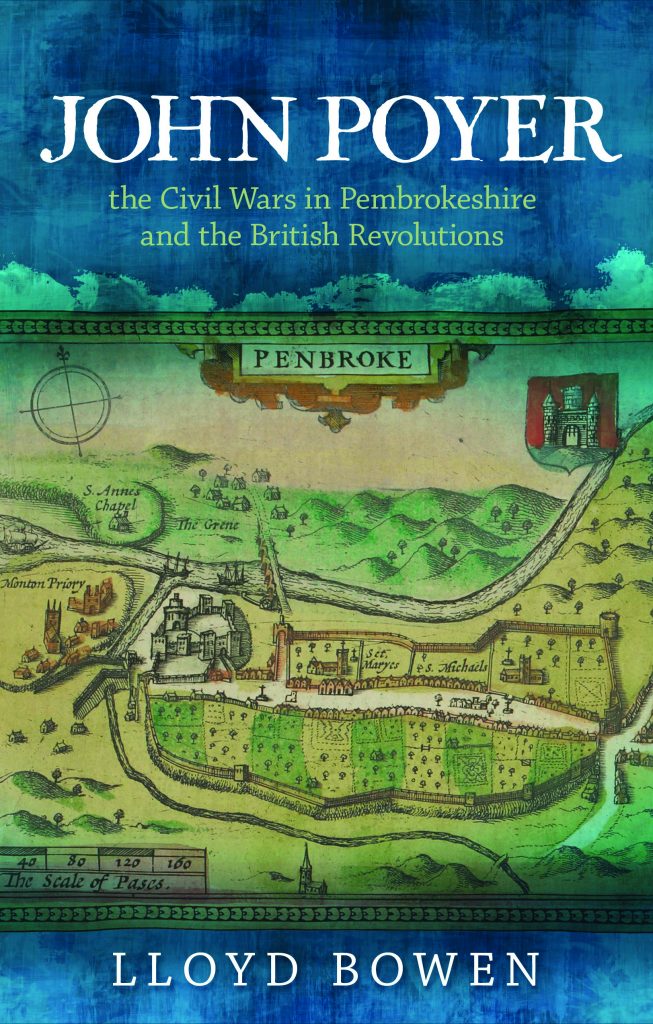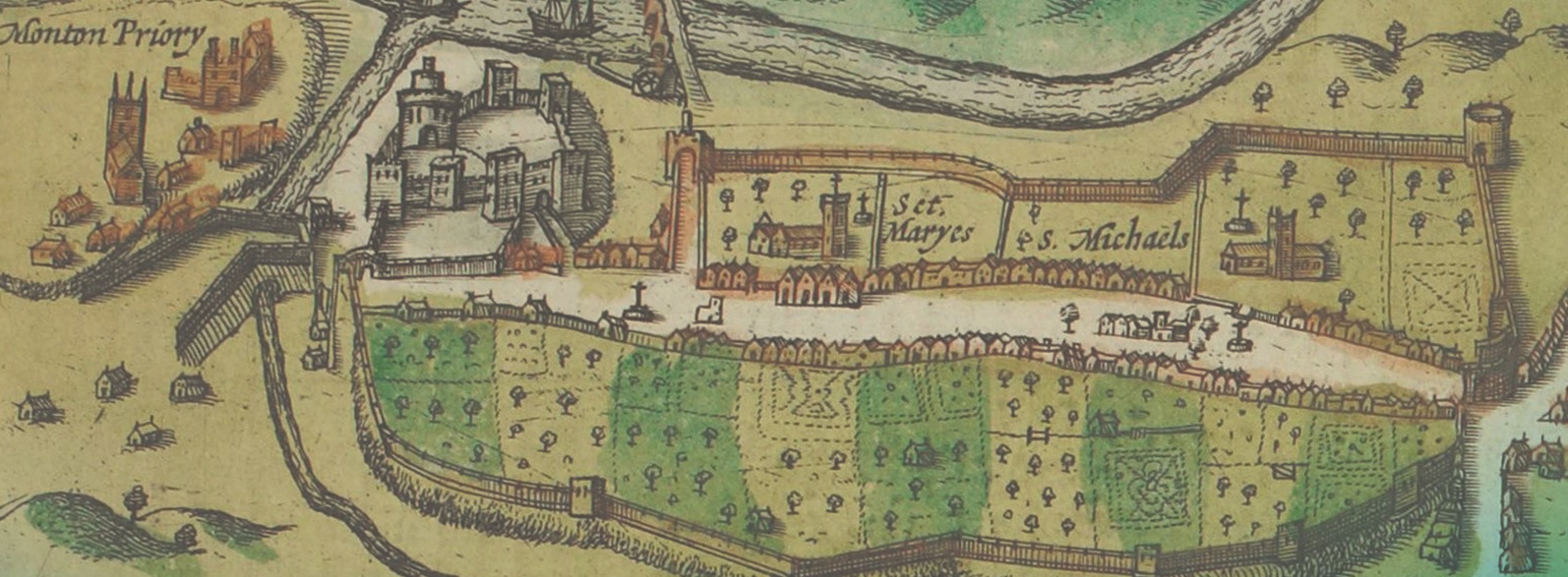
Lloyd Bowen introduces John Poyer, the Civil Wars in Pembrokeshire and the British Revolutions.
Many years ago, I attended a lecture given under the auspices of the Historical Association at Cardiff University. Chatting to one of the steadfast supporters of the local HA branch following the talk, I mentioned that I was doing some research into the civil wars of the mid-seventeenth century. “Oh”, she replied, “it is terrible what they did to poor John Poyer”.
I was surprised that she should know of Poyer, but, upon reflection, the pathos and tragedy of his final days have meant that his death is rather better known than his life. John Poyer, considered a rebel by the parliamentarian party for whom he had once fought, was placed on trial for his life at Whitehall in the spring of 1649. One of three men sentenced to death by a court martial, the head of parliament’s New Model Army, Sir Thomas Fairfax, decided to show mercy and determined that only one of them should be executed. Consequently, it was ordered that the men should draw lots to see who would face the firing squad. The men decided that an innocent child should undertake this terrible task and he drew a blank piece of paper for John Poyer who was consequently shot at Covent Garden on 25 April 1649.
This pathetic scene made a considerable impression upon later generations. The American novelist Mark Twain adapted the tale for his own purposes in the story, ‘The Death Disk’ in 1901. The great director of silent films D. W. Griffith in turn adapted Twain’s narrative for the screen in 1909. Poyer’s dramatic denouement continued to whisper down the centuries.
I also knew of Poyer’s end, but not too much about the rest of his life. As I began digging, however, I became convinced that his story was one worth telling and that there was much more to this man than merely his tragic death scene.
In John Poyer, the Civil War in Pembrokeshire and the British Revolutions, I present an account of this remarkable man’s life, death and legacy, while also discussing the times in which he lived and the society in which he moved. Poyer led a life that was surprising and full of incident, even for this period of upheaval and civil war.
He was a man of truly obscure origins: he seems to have been a servant in the household of a wealthy merchant, but struck out on his own, becoming a merchant and glover in the somewhat dilapidated outpost of Pembroke in south-west Wales. Poyer possessed a forceful personality and was full of drive and ambition, rising to become Pembroke’s chief magistrate, its mayor, just as a Catholic rebellion in Ireland drove waves of refugees onto the Welsh coast, and as the clouds of civil war between parliament and King Charles I gathered over the land.
In largely royalist Wales, Poyer stood out as a leader of the meagre parliamentarian party. Accompanied by his brother-in-law and future Major General, Rowland Laugharne, Poyer repaired Pembroke’s imposing medieval defences and turned it into a parliamentarian point of strength on the strategically crucial Irish Sea.
Poyer, however, was an intemperate and uncompromising man whom even his allies found it difficult to like. After parliament’s victory in the first civil war Poyer should have reaped the reward of his stalwart service. He was, however, outmanoeuvred and betrayed by his former royalist enemies who had come over to the parliamentarian camp when the tides of war turned against them. My book charts their efforts in print and through the organs of local and national politics to orchestrate Poyer’s ruin. Left isolated by their campaigns against him, Poyer rebelled against the New Model Army, initiating the so-called ‘Second Civil War’ of 1648 which engulfed the kingdom in renewed bloodshed and paved the way for the trial and execution of King Charles I. Poyer endured a lengthy a siege in Pembroke Castle led by Oliver Cromwell, but his defeat led to the dramatic scenes at Whitehall and Covent Garden, and two bullets in his uncompromising heart.
My book has examined a multitude of new printed and manuscript sources, and provides many fresh insights into John Poyer’s colourful life and career. It also offers much of interest for our understanding of the nature of provincial politics during the civil war, the dynamics of south Wales during the turbulent 1640s, the influence of the newly expanded world of print and debate upon local politics and much else besides. A concluding chapter explores Poyer’s legacy and treatment in popular culture.
Lloyd Bowen is Reader in Early Modern History at Cardiff University.


